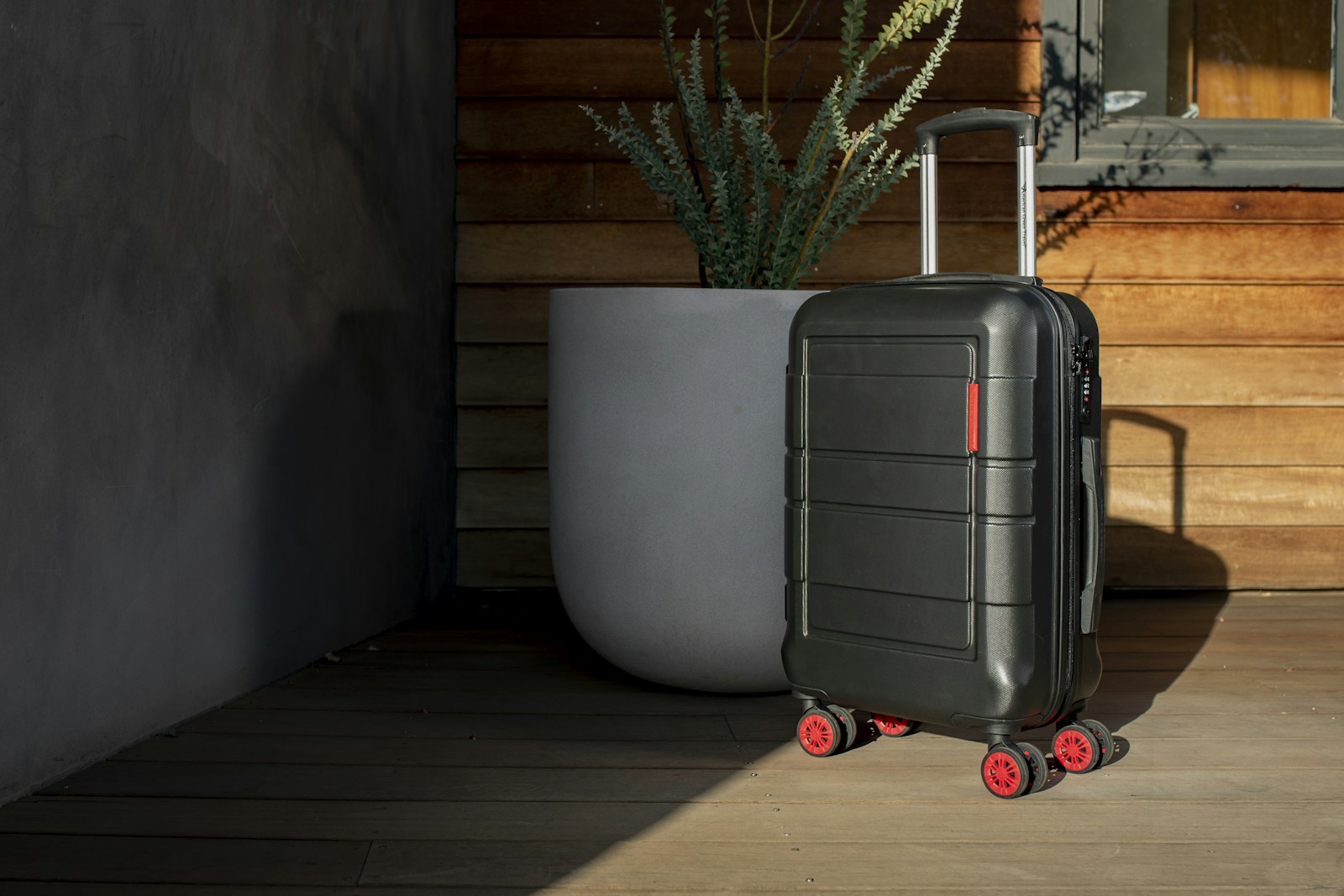
recoger el equipaje

collect the luggage
The Spanish phrase 'recoger el equipaje' translates to 'collect the luggage' in English. This commonly used phrase is typically used in contexts related to travel, particularly at airports, bus stations, or train stations. The verb 'recoger' means 'to collect' and 'el equipaje' refers to 'the luggage'. As a phrase, it's generally used to express the action of retrieving one's belongings after a trip.
Example sentences using: recoger el equipaje
Debemos recoger el equipaje antes de salir del aeropuerto.

We must collect the luggage before leaving the airport.
In this sentence, the subject is 'we' (nosotros/nosotras), the verb is 'to collect' (recoger), and the object is 'the luggage' (el equipaje). The prepositional phrase 'before leaving the airport' (antes de salir del aeropuerto) adds context.
¿Has recordado recoger el equipaje del hotel?

Did you remember to pick up the luggage from the hotel?
The subject of this sentence is the informal 'you' (tú), and the verb phrase 'did you remember to pick up' is translated into Spanish as 'Has recordado recoger'. 'The luggage from the hotel' is the object of the verb 'recoger' and is expressed in Spanish as 'el equipaje del hotel'. The sentence is structured as a question.
Ella necesita recoger el equipaje para su viaje.

She needs to collect the luggage for her trip.
This sentence is structured with 'she' (ella) as the subject and 'needs to collect' (necesita recoger) as the verb. The object 'the luggage' (el equipaje) is what needs to be collected. 'For her trip' is a prepositional phrase that adds context about the reason for collecting the luggage and is expressed in Spanish as 'para su viajo'.